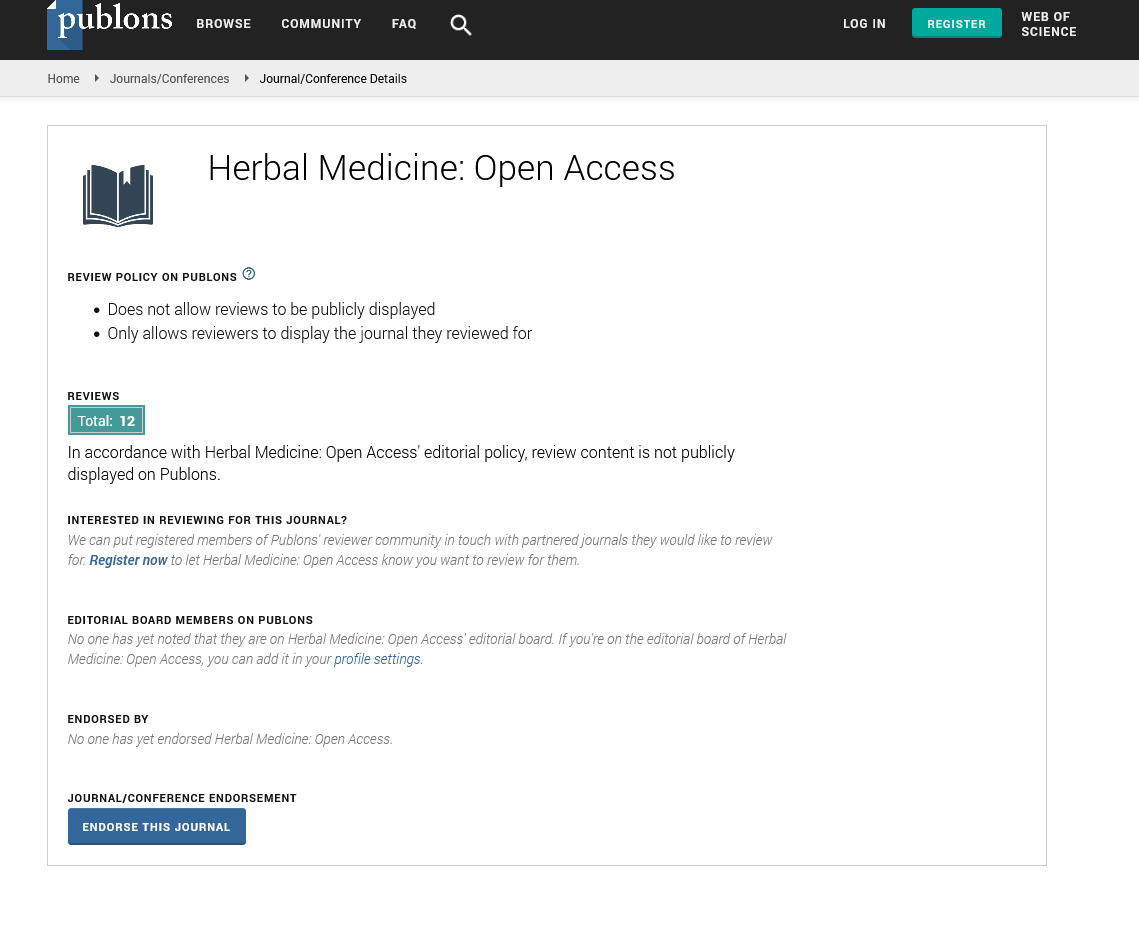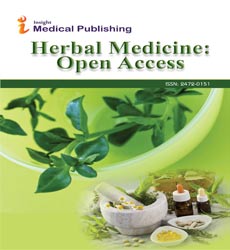Abstract
Effect of Aqueous Ginger Extract on Hepatic Phase II Xenobiotic Metabolizing Enzyme Induction in Rats
Background: Ginger (Zingiber officinale) has been shown to induce hepatic phase II xenobiotic metabolizing enzymes in rats. However, no study has directly evaluated this effect of ginger when it is administered based on the rat's body weight. This study was undertaken to determine the Glutathione S Transferases (GST) induction capacity of aqueous extract of ginger and the impact this has on the metabolism of phenobarbitone when the ginger is administered based on the body weights of the animals.
Materials and Methods: Eight female Wistar strain albino rats (4 to 8 weeks old) weighing 150 to 200 g were grouped into the control group that received normal saline orally and the treated group that received the ginger extract at a dose of 250 mg/kg orally. Both groups received phenobarbitone at a dose of 40 mg/kg intraperitoneally at the end of three weeks to examine the time of onset and duration of the hypnotic effect of phenobarbitone on the rats, after which, the animals were sacrificed, liver collected, and GST assayed. The results were analyzed using SPSS software version 14.0 for windows and a T-test was used to determine statistical significance. Results: The result shows no significant change in GST activities between treated and control groups ( Mean ± SD;10.7 ± 1.8 vs. Mean ± SD;9.6 ± 1, P>0.05), time of onset of action of phenobarbitone in treated and control groups (Mean ± SD; 1801.7± 0.9 vs. Mean ± SD; 2303.5 ± 1.9, p>0.05), and duration of action of phenobarbitone in treated versus control groups (Mean ± SD; 5310 ± 239.7 vs. Mean ± SD; 6270 ± 868.7, P>0.05).
Conclusion: Ginger does not induce GST if administered based on the body weights of animals.
Author(s):
Abstract | Full-Text | PDF
Share this

Google scholar citation report
Citations : 271
Herbal Medicine: Open Access received 271 citations as per google scholar report
Herbal Medicine: Open Access peer review process verified at publons
Abstracted/Indexed in
- Google Scholar
- JournalTOCs
- China National Knowledge Infrastructure (CNKI)
- Directory of Research Journal Indexing (DRJI)
- WorldCat
- Publons
- Secret Search Engine Labs
- Zenodo
Open Access Journals
- Aquaculture & Veterinary Science
- Chemistry & Chemical Sciences
- Clinical Sciences
- Engineering
- General Science
- Genetics & Molecular Biology
- Health Care & Nursing
- Immunology & Microbiology
- Materials Science
- Mathematics & Physics
- Medical Sciences
- Neurology & Psychiatry
- Oncology & Cancer Science
- Pharmaceutical Sciences


